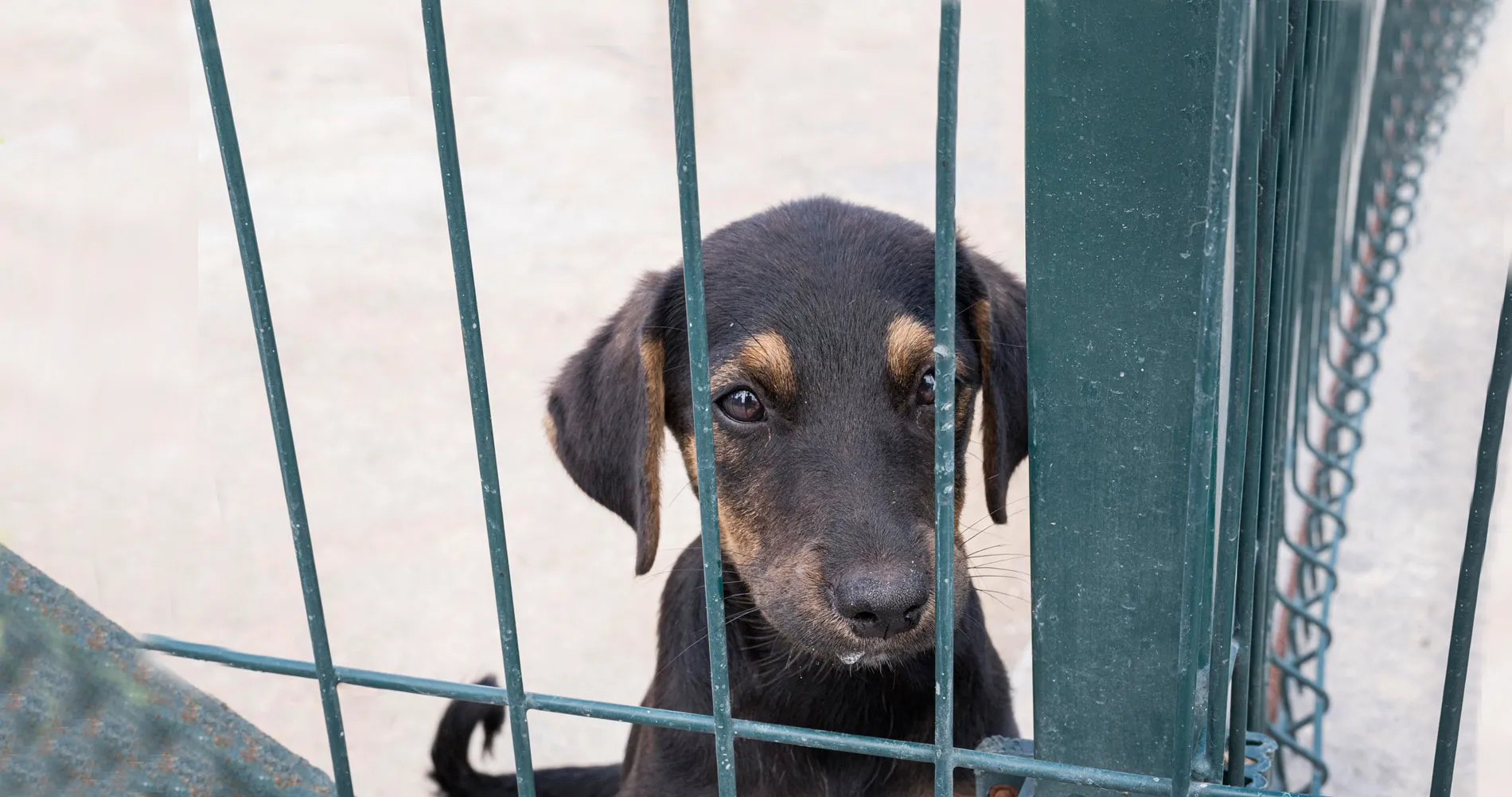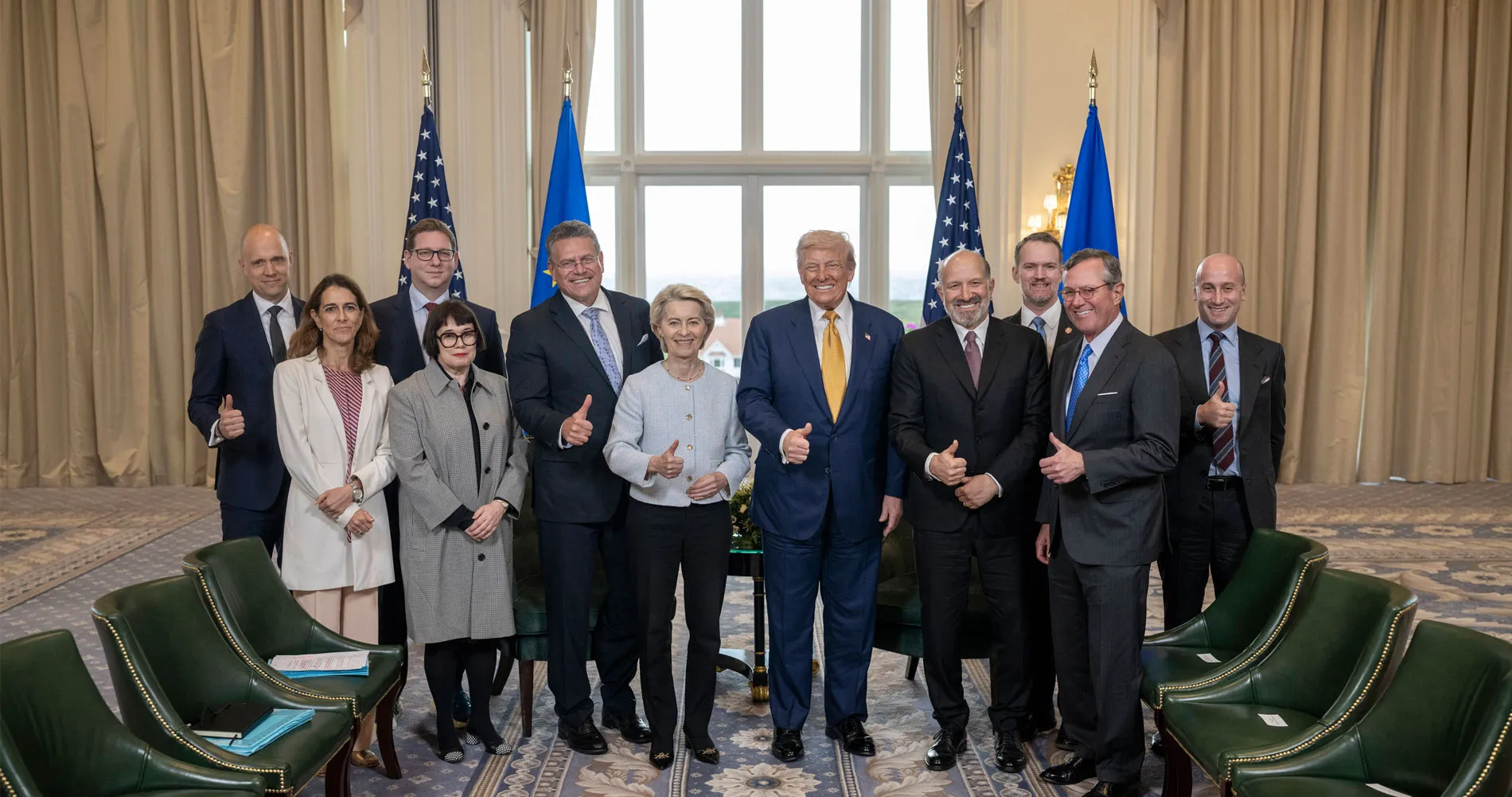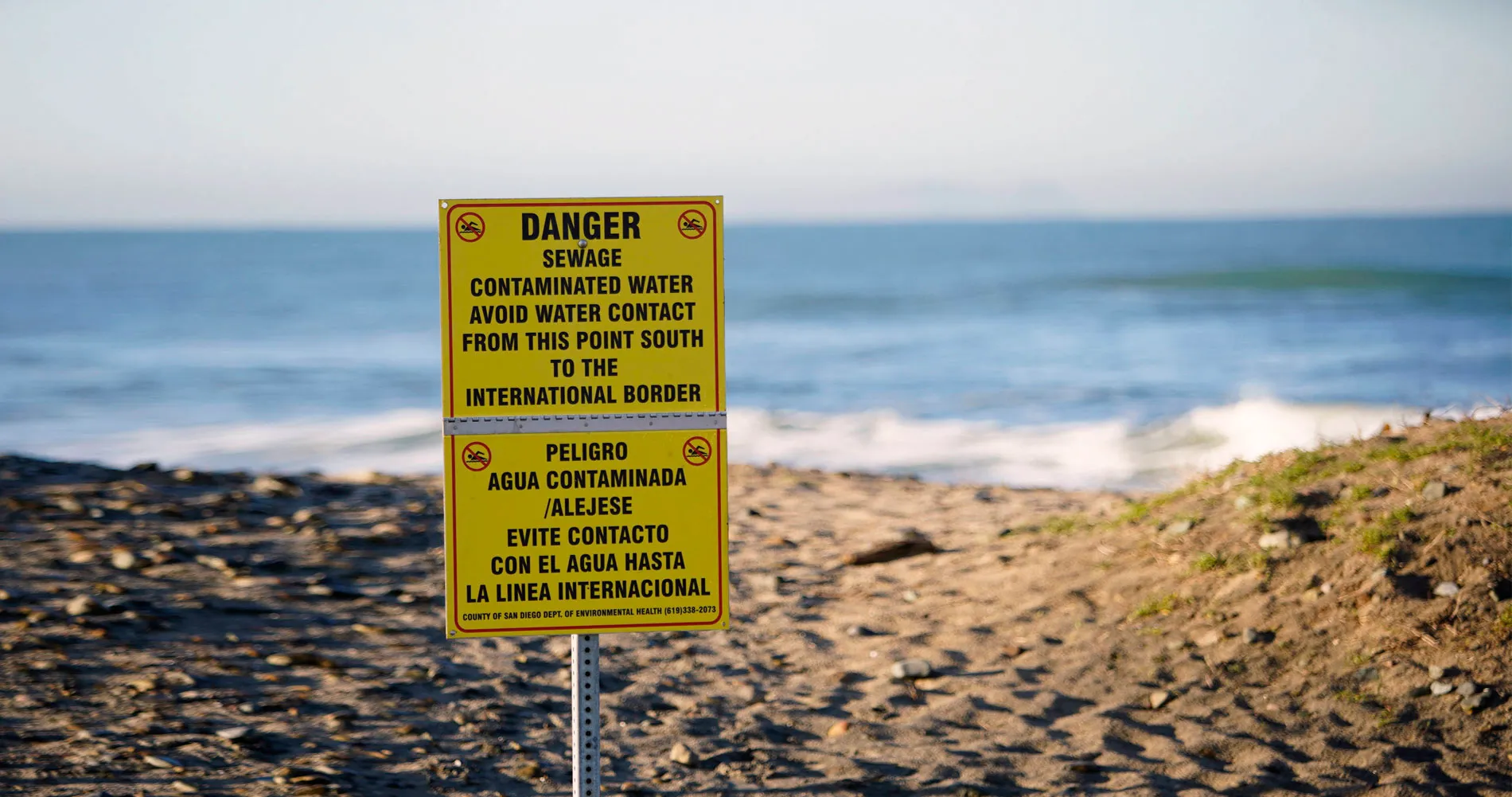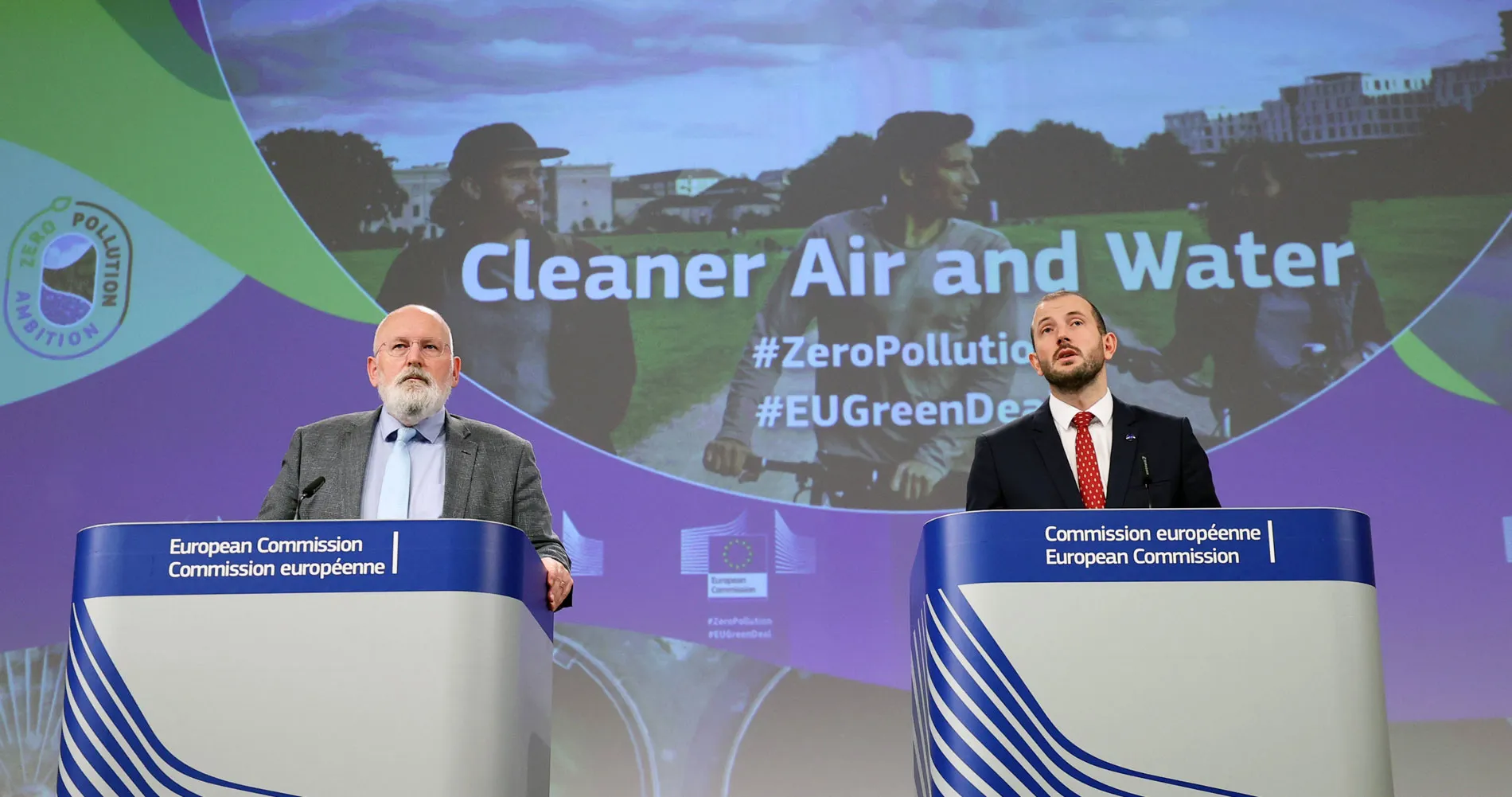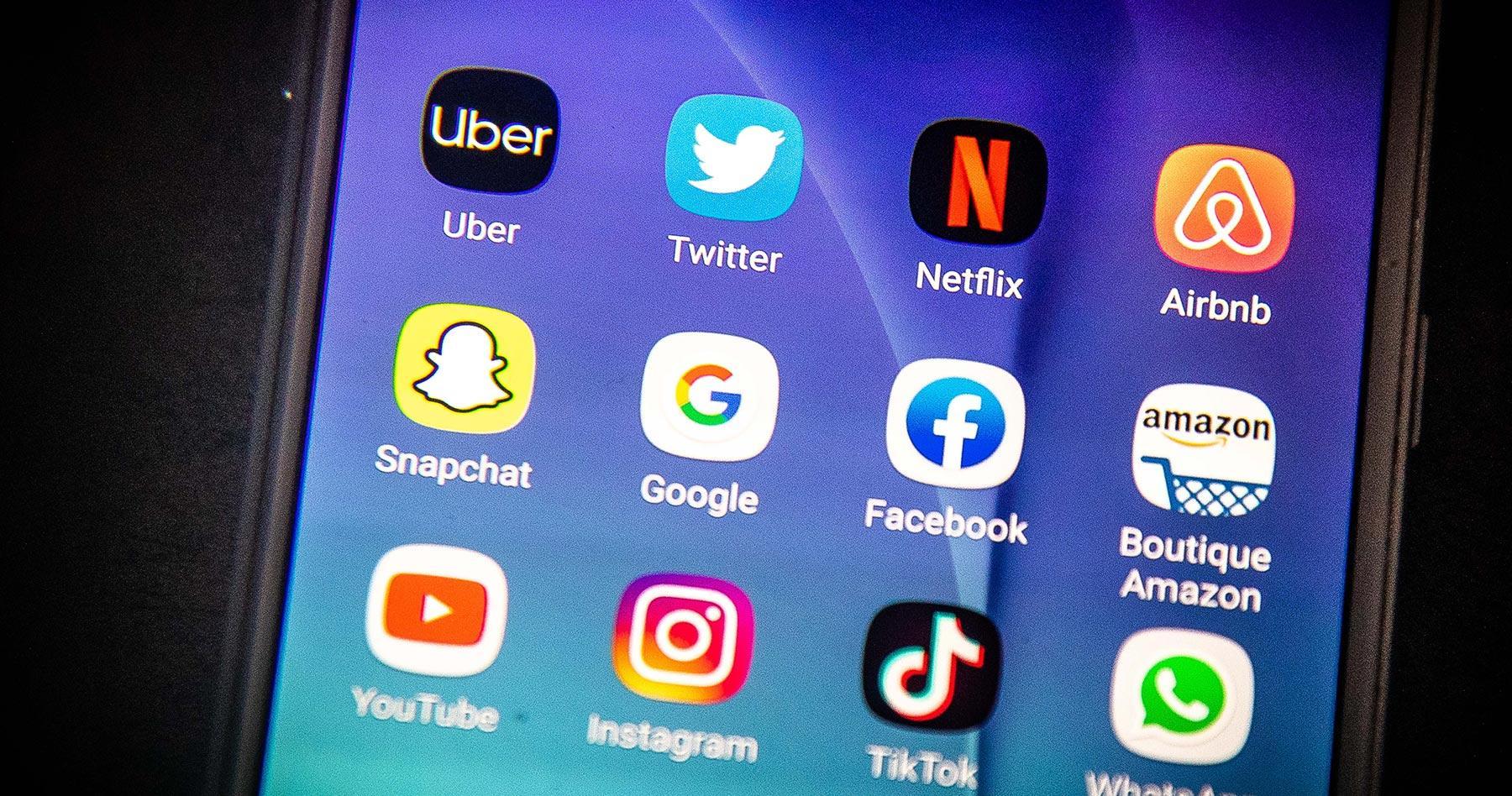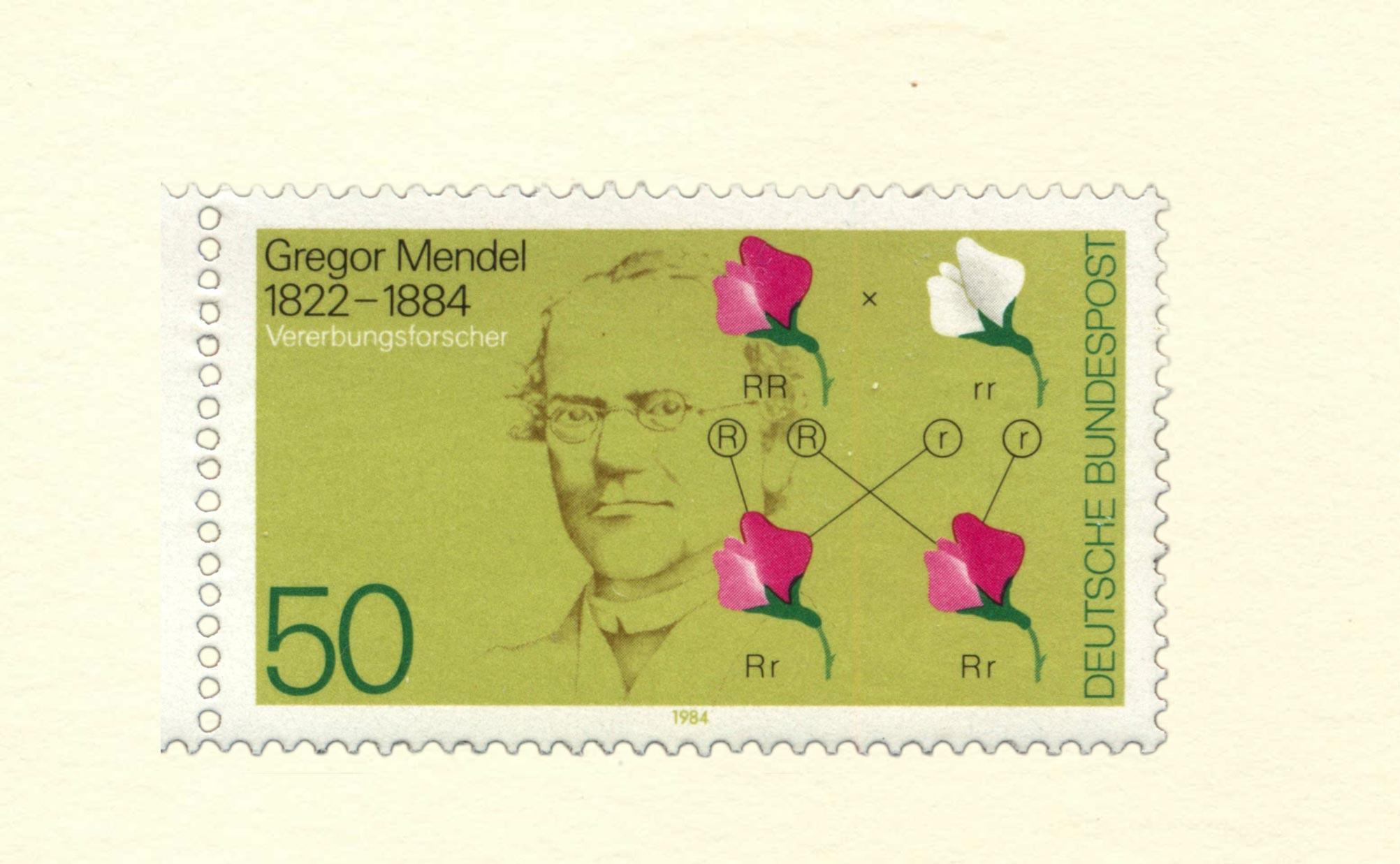Animal testing is still a sad reality – but it helps to have friends in high places. Animal advocacy groups have found an ally in President Donald J. Trump. For years organizations in the US including PETA and Humane World for Animals (formerly known as the Humane Society of the United States) have pushed to stop testing on animals. On 10 April 2025 the FDA announced plans to phase out animal testing requirements for the development of monoclonal antibodies. In addition, the National Institutes of Health (NIH) closed the last beagle laboratory on its campus, making beagle experiments a horror of the past. Trump is saving tax payer dollars and doing the right thing along the way.
Diana Mautner Markhof and Angeladora Novi
26 June 2025
There are hundreds of companies that test their products on animals. Animal experiments are used by large corporations such as L’Oreal, Estée Lauder, Procter & Gamble, Johnson & Johnson, Dior, Bioderma, Calvin Klein, Balenciaga, MAC Cosmetics, Almay – to name a few. President Donald J. Trump has become an unlikely ally of animal advocacy groups by clamping down on government funded animal experiments.
Animal rights groups cannot believe their luck. A law and order Republican President has gone where no other US President has gone before. President Trump ended four decades of taxpayer-funded beagle abuse. Donald Trump’s love for animals is nothing new. In his first term he shut down the government’s largest cat experimentation lab, which was located at the U.S. Department of Agriculture. He also initiated the end of dog and cat testing at the Department of Veterans Affairs. This latest move comes after the US Food and Drug Administration (FDA) announced on 10 April 2025 to phase out animal testing requirements for the development of monoclonal antibodies in cancer, COVID-19 and other diseases.
NIH-funded research relies on millions of animals every year in the US, including rodents, monkeys, dogs, pigs and rabbits. Until Trump’s bold move, the NIH remained the very last government funded group with a deadly dog lab.
White Coat Waste (WCW) exposed the NIH‘s facility of horrors in 2016. Using the US Freedom of Information Act, WCW uncovered grisly details of death and torture inside the NIH beagle lab, which was supported by Dr. Anthony Fauci. Some of the cruel experiments on man’s best friend: throats slit open, lungs filled with pneumonia-causing bacteria and bodies bled out until septic shock took hold. Any survivors were killed and their bodies thrown in the garbage.
Lara Trump, President Trump’s daugther-in-law, is an outspoken animal rights advocate. In May, Trump’s Pentagon made the decision to stop animal testing. The DOD cancelled a recently-renewed USD 10 million grant for cruel experiments on cats. A bi-partisan group of lawmakers had been advocating for this move. No longer will cats be crippled in a lab and electroshocked for constipation, incontinence, and erectile dysfunction experiments. Moreover the DOD will no longer fund 300 beagles a week for tests conducted in China.
The Environmental Protection Agency, which has long required animal testing for substances including pesticides and fuel additives, now plans to reinstate a Trump era agency ban on animal testing. Biden had eliminated the deadline for ending animal testing by 2035. In addition, the Trump Administration will aim to gut federal funding for scientific research involving animal testing and abuse.
Despite the gradual introduction of numerous alternatives and the adoption of diverse legislations around the globe, animal testing continues to be the most common approach in many sectors. However, the extent of its use varies from country to country based on the regulatory approach and the ethical standards.
The European Union specifically regulates the species selection with the Directive 2010/63/EU. In particular, scientists are required to prioritize animals less sensitive to pain and suffering. Moreover, some species can only be used in exceptional circumstances or if the research cannot be carried out on any other animal. China does not have any provision regulating animal use and choice for testing purposes. Animal testing and abuse are rampant in China.
In the West, it is also worth highlighting how creatures that undergo testing procedures have to be specifically bred for this purpose either in dedicated breeding centres or in the same laboratories. In June 2024, the U.S. Department of Justice handed down a USD 35 million fine, the largest in the history of the Animal Welfare Act, against Inotiv. Inotiv is the parent company of Envigo RMS, which owns dog breeding facilities for use in animal testing.
By the mid-20th century, in the post war period, the growing use of animal experimentation led to an increased awareness of animal rights and the spread of anti testing movements. It was no coincidence that, in 1959, two British scientists – William Russell and Rex Burch – introduced the concept of the “Three RS” in their book “The Principles of Humane Experimental Techniques”. Since then, this theory has gradually influenced regulatory frameworks and ethical standards around the world, promoting the use of methods that aim at replacing, reducing and refining the use of animals in research.
Further progress towards improved animal welfare in research was made in the late nineties and in the early 2000s. In 1999, the European Consensus-Platform for Alternatives (ECOPA) was established to promote the development of the “Three Rs” in scientific research and to encourage dialogue and collaboration among four key stakeholders: governmental bodies, industry, academia and animal protection organizations.
The introduction in 2004 and 2009 of the EU ban on cosmetic animal testing on domestic products was followed in 2013 by a ban on the import and sale of cosmetic products using ingredients tested on animals. In the same year, Israel introduced a similar ban, prohibiting the import and marketing of cosmetics tested on animals, regardless of where the testing happened. The year after, India enforced a similar regulation, becoming the first country in South Asia to establish such a comprehensive measure. In 2021, Mexico, before any other State in the Americas, banned animal testing for cosmetics, as well as the import and marketing of cosmetic products tested on animals.
The US Animal Welfare Act, while still promoting the “Three Rs”, does not lay out measures that prohibit animal testing for cosmetics. A more extreme case is China, where animal testing for cosmetics is not prohibited and is compulsory for certain products, such as deodorants, hair dyes, sunscreens and skin tone correctors.
Yet, despite animal testing still being widely used across the world, today, several different alternative methods exist, many of which are more humane and, in some cases, even more accurate. In fact, while drugs that pass animal tests are not necessarily safe for humans, some medicines that are ineffective or harmful for animals have proved to be beneficial for humans. Aspirina, for example, is dangerous for some species. Cruelty free and more ethical alternative methods include computer modeling, in vitro testing, and volunteer studies.
Now with President Trump in the WH, animal testing will face tougher scrutiny. It helps to have friends in high places!


